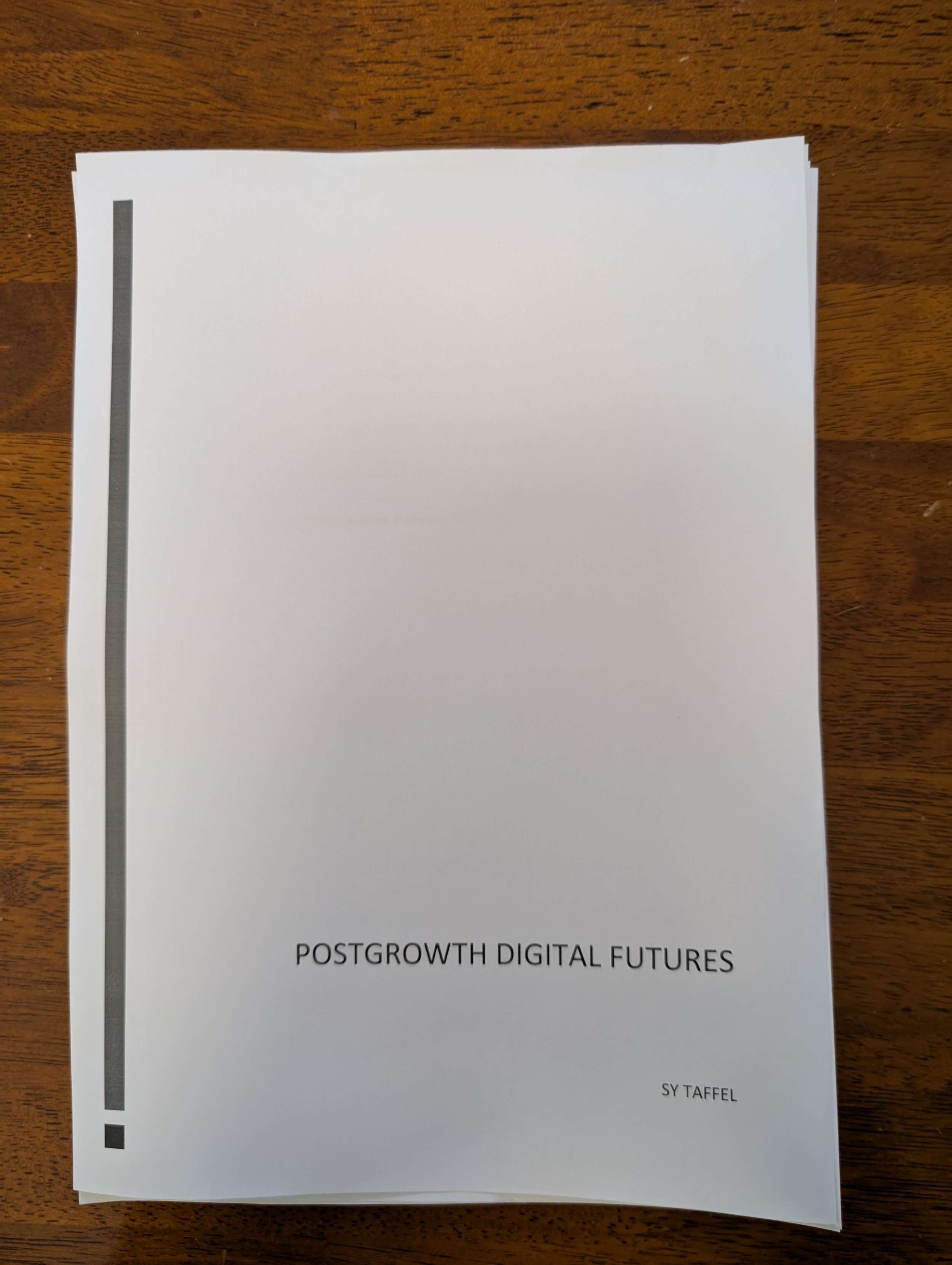4/n
"As an example: the Canadian Public Sector Pension Investment Board used to fully own a group of for-profit care companies called Revera Group. In order to turn a profit, companies like these drive the cost of care up and the quality of care down, making retirement harder and more expensive for older people."
https://www.arketa-institute.org/resources/a-path-to-post-growth-pensions
5/fin
"Because pension funds all over the world are doing similar things–investing in companies that can deliver “market rate” returns–they end up pushing up the price of care for everyone, which effectively devalues the pension savings they’re able to provide to their beneficiaries."
https://www.arketa-institute.org/resources/a-path-to-post-growth-pensions




